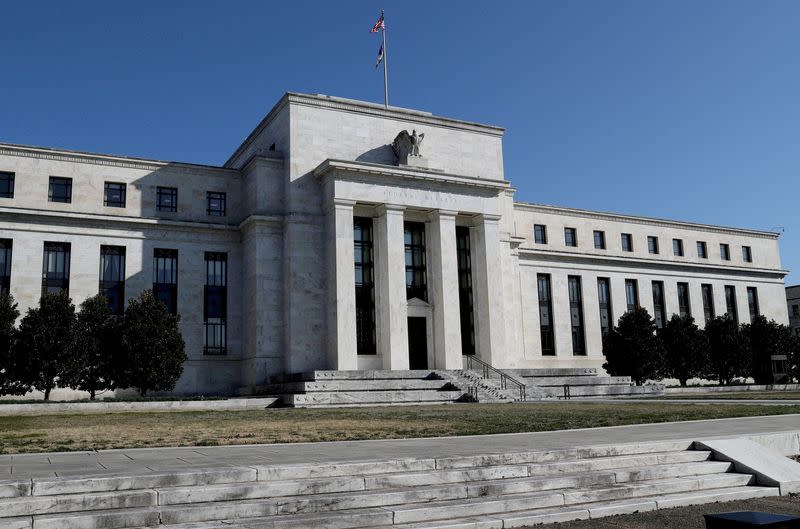Major central banks return to inflation fight in February

By Karin Strohecker and Vincent Flasseur
LONDON (Reuters) - Major central banks resumed their quest to ramp up interest rates in February after a tepid start to the year with price pressures proving more sticky than markets and many policy makers had hoped for.
February saw six interest rate hikes across six meetings by central banks overseeing the 10 most heavily traded currencies. Policy makers in Australia, Sweden, New Zealand and Britain joined the U.S. Federal Reserve and the European Central Bank in lifting key lending rates by a total of 250 basis points (bps). All banks expected more hikes ahead.
January had seen just one interest rate hike of 25 bps by Canada across three meetings by G10 central banks.
"A combination of stronger than expected growth and more persistent than expected inflation indicators has prompted an abrupt change in the market narrative over the past month away from 'soft landing' and towards a 'more extended tightening cycle' by major central banks," said Nikolaos Panigirtzoglou at JPMorgan.
Developed markets interest rates https://www.reuters.com/graphics/GLOBAL-MARKETS/RATES/akpeqoewwpr/G10230301.gif
Recent inflation and labour data from some of the world's top economies had surprised markets and prompted analysts to lift expectations on where Fed and ECB rates will peak. Markets now price ECB rates peaking at just above 4% at the turn of the year, while Fed rates are seen as high as 5.5%-5.75%.
In emerging markets, the rate hike push showed some evidence of slowing down. Thirteen out of 18 central banks in the Reuters sample of developing economies met to decide on rate moves, but only four hiked by a total of 175 bps -- Mexico, Israel, the Philippines and India. Turkey delivered a 50 bps cut in the wake of the deadly earthquake.
The February move follows January that saw six out of 18 central banks delivering a total of 225 bps of hikes in January while another six met but decided to keep rates unchanged.
"This (inflation) shock came for everyone together, but it might disappear at different rates," said Gabriel Sterne at Oxford Economics.
"The disinflation trend is looking surprising good in Asia now for example where services inflation has already turned a corner."
Emerging markets interest rates https://www.reuters.com/graphics/GLOBAL-MARKETS/RATES/zgvobnaxdpd/EM18230301.gif
(Reporting by Karin Strohecker and Vincent Flasseur, additional reporting by Marc Jones; Editing by Nick Zieminski)

 Yahoo Finance
Yahoo Finance 